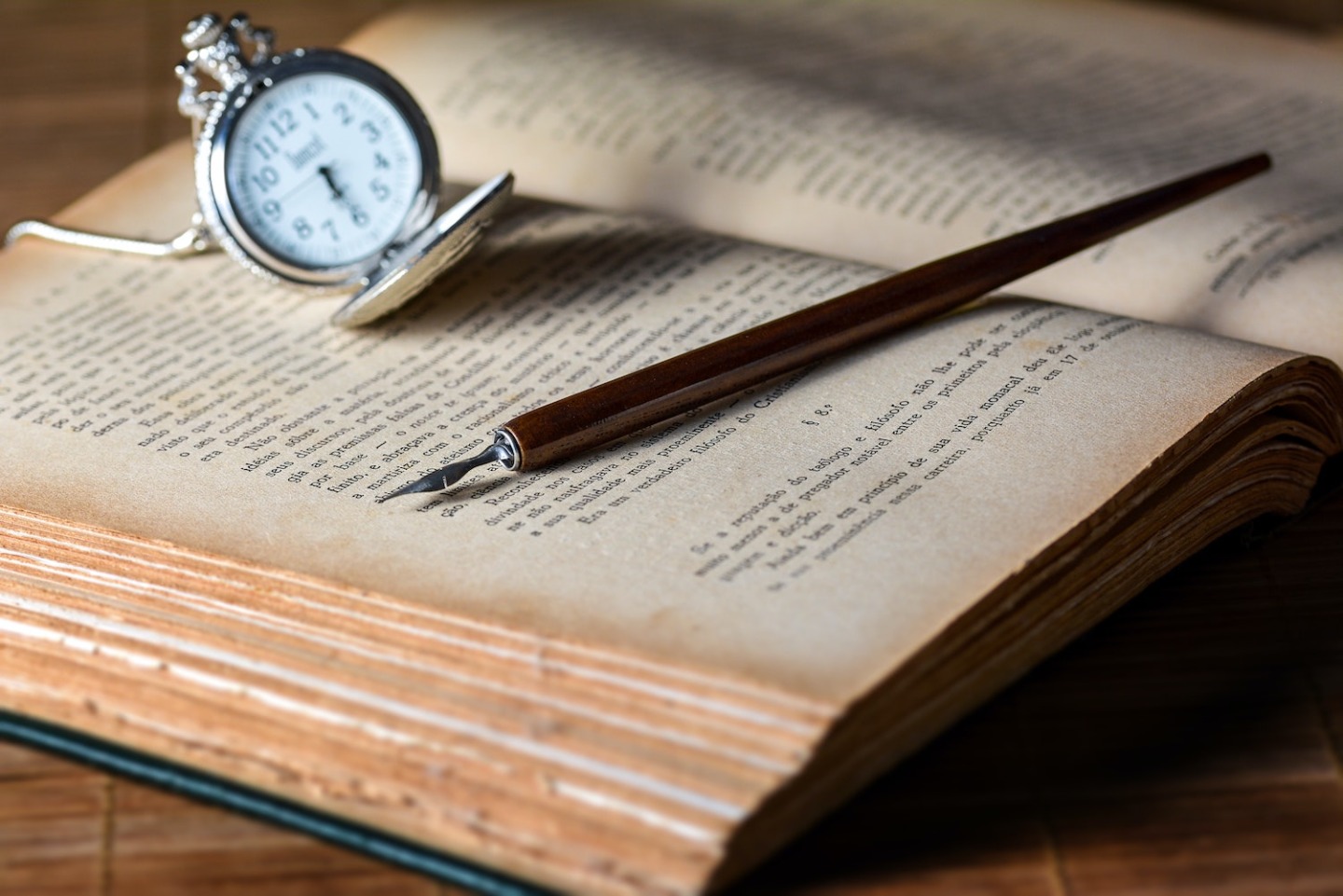
Nothing makes me read faster than a lackluster book
Two questions for you today, lovely readers: (1) How fast do you read? (2) Why?
I have many friends who read books. In some circles, I’m the slowest reader, reading 50-55 books a year, while my comrades finish 75-100 (that’s crazy!). In other circles, I’m the biggest reader and always recommending books to others.
Across all my social circles, there is clearly a difference in reading speed. As readers, we all experience ebbs and flows. In a month, the stars will line up and I’ll be fast-tracking five powerful epic fantasies. In another month, I might be distracted by other hobbies or responsibilities, slogging through two books. The only person I know who never wavers when it comes to reading is my friend Andrew, who somehow raised a kid, ran two D&D campaigns, and reads over 100 books a year. He is a monster.
Many conversations with various reader friends involve at least a brief discussion about their reading speed: “I read very slowly,” insists a friend with whom I often talk about books. When someone says they are slow readers, it usually means one of two things (or a combination of both): (1) they are slow in the actual reading process, in the sense that their word count per minute is low, or (2) they don’t read very often and just pick up the current book occasionally for some reason. Both of these plausible explanations explain what it means to read “slowly”.
On the other hand, I almost never hear anyone say they are a “fast” reader. Of course, “I read a lot” is kind of important. It gets us to the same place. As someone who considers myself a “fast” reader, I’ve recently started wondering: What makes me read faster, and when do I start having the sweet time?
I thought about it, and the answer I got surprised me: mediocrity. The golden mean books almost always end up being my fastest reads, and I’ve begun to understand why.
Now, to be clear, I’m not going to point out any mediocre books outright. This is too subjective. Instead, I want you to finish this article and think about what is affecting your reading speed, whether it is mediocrity, greatness, or some other intangible essence.
Two recent books come to mind. One of them is the highly anticipated eARC released by a popular author. The other was a novel by a new author that I had read before and wanted to root for.
I started the eARC with my eyes wide open and ready for the return of an author I’ve loved for years. I knew almost immediately that this book wasn’t for me. It’s good… even great, but it doesn’t have the raw, emotional appeal of others I’ve read. The deeper I read, the more determined I feel, and I find myself sneaking precious moments between writing assignments to finish a chapter or two. My wife is getting ready for a party; I’m all set and ready to go, so I grab my Kindle and quickly browse a few pages. Normally, I would never have dreamed of such a quick reading process. I prefer to read in chunks, or at least chapter by chapter. However, as I read, I realize that I read to read to the end, not to enjoy the story I crave.
[BTW: This might beg the question – Cole, why don’t you just go the DNF route and pick up a book you want to read? I’m not interested in getting into a DNF or not arguing. I finish most of the books I read because I write a review for The Living Quill, even though they weren’t my favorites! I also like finishing books I don’t like because they provide interesting lessons for writers. Anyway……]
Sneaking through these fleeting moments through a mediocre book helped me navigate my way through the ending, which was undeniably heartwarming, even though the journey to the ending wasn’t what I was craving.
I finished the book and moved on to finer grounds. I enjoy these slowly, reveling in the familiar fantasy worlds I’ve enjoyed from the series for a while.
Then came the unexpected reading. One that I didn’t include on my reading plan for the year (surprisingly, I’m sticking to it this year). I was ahead of schedule, and this roughly 250-page reader landed in my lap, a forgotten pre-order from months ago. I hopped on the treadmill and started reading this book during my daily two-mile walks.
Omg, did this book let me down? I knew I wasn’t going to like it within 30 pages, and the feeling continued when I was halfway through. I picked it up again the next day and finished the novel in one marathon.
Soon I started thinking about this trend again. I read what I consider mediocre or mediocre books faster than I read anything else. Reading bad books is hardwork, and I tend to cherish the time I spend with good books, reading every page carefully so I don’t miss a single detail. However, as I peruse my recent reading list and identify books that I consider mediocre, one key factor emerges: length.
Most of my fast books are between 250-400 pages. The number of pages is considerable, and I’m not saying that long books are inherently better than short ones. Shorter books — and by “short” I mean anything but 500+ page epic SFF novels — will naturally be faster to read than their denser counterparts. It’s just math. So when I start a book and realize I’m not feeling halfway through it, the drive to finish the book is still there even though I won’t break out of it (I’ll be able to write a review and add it to my annual count). An experience inspired by a story. very short. Why not spend more time figuring it out and finding a better book for my next read?
Of course, I realize that when I realize that mediocre books aren’t popular, there’s nothing stopping me from throwing them away. But I also found that I enjoyed this subtle dance with books that I neither liked nor hated.
Reader, no grand conclusions or unified self-discovery today — just a man who ponders the speed with which he reads boring books. I would like to know your thoughts, though, and how you would answer my original question: how fast are you reading and why?

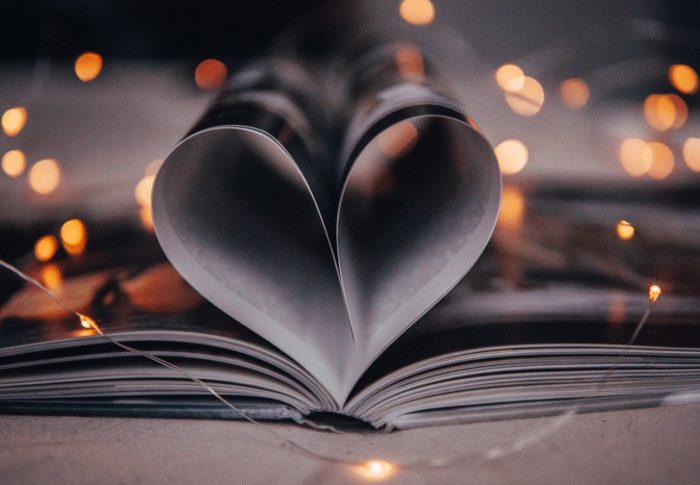
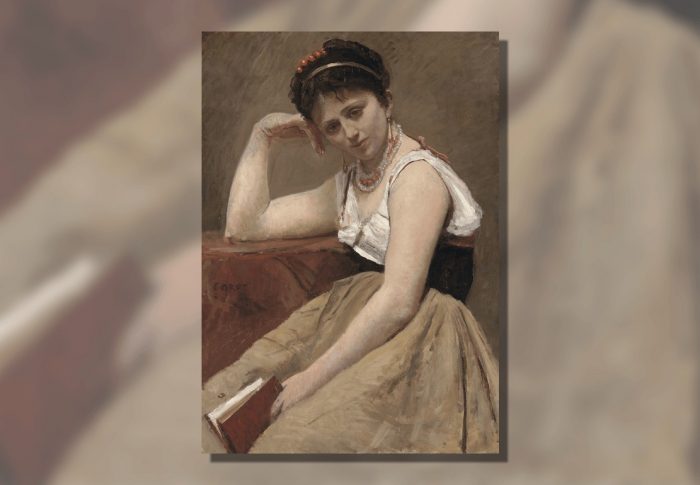

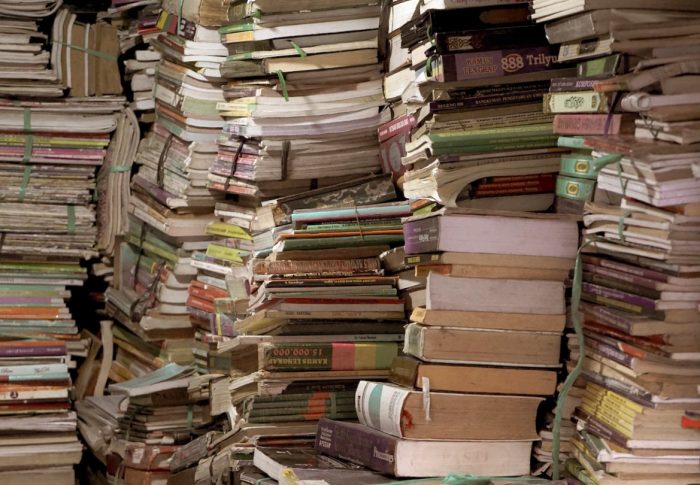

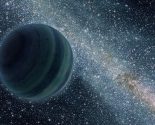
Tagged book lovers, community, finding readers, neglected books, online